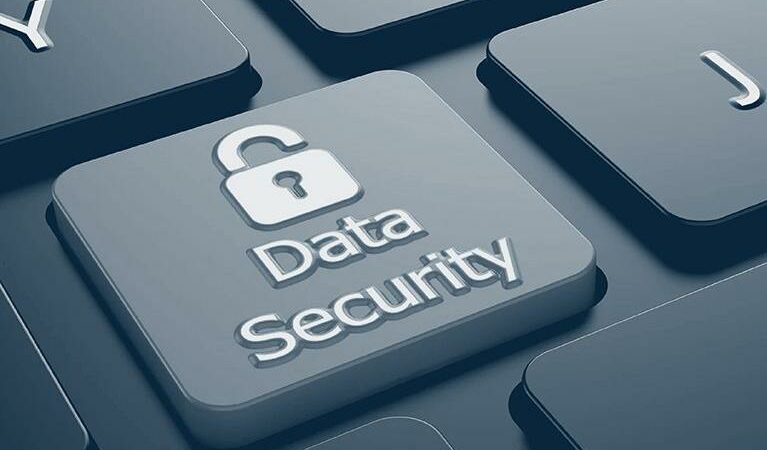In today’s digital age, data security is of paramount importance for small businesses. As cyber threats become increasingly sophisticated, protecting sensitive company information is critical to maintaining customer trust and ensuring business continuity. Here are some essential data security tips for small business owners to protect their digital assets:
1. Implement a Strong Password Policy
One of the easiest and most effective ways to improve data security is to enforce a strong password policy. Make sure passwords are complex and consist of a combination of letters, numbers, and special characters, and encourage employees to change them regularly. Use a password manager to securely keep track of all your passwords.
2. Use Multi-Factor Authentication (MFA)
Multi-factor authentication adds an extra layer of security by requiring more than a password to access an account. MFA can include something you know (a password), something you have (your smartphone), or something you are (your fingerprint). This significantly reduces the risk of unauthorized access.
3. Regular Software Updates and Patches
Keeping your software up to date is crucial to protecting your system from vulnerabilities. Cybercriminals often use outdated software to gain access to your network. Make sure all operating systems, applications and antivirus software are regularly updated.
4. Invest in Reliable Antivirus Software
Antivirus software is a fundamental part of any cybersecurity strategy. So you need the best antivirus software for small businesses that can detect, prevent, and remove malware and other malicious software
Here are the best antivirus software options for small businesses:
- Bitdefender Small Business Security: Known for its robust protection and comprehensive features, Bitdefender offers multi-layered protection against a wide range of cyber threats.
- Norton Small Business: Powerful protection with easy-to-manage features, making it a good choice for businesses with limited IT resources.
- McAfee Total Protection for Business: Comprehensive threat protection including antivirus, antispyware, and firewall. Cloud-based management makes deployment and updates easy.
- Avast Business Antivirus: A complete protection package that includes antivirus, firewall, and antispyware. Behavioral protection to detect suspicious behavior.
5. Regular Data Backups
Regular data backups ensure quick recovery in the event of data loss due to cyber-attack, hardware failure, or natural disaster. Store your backups in a secure off-site location or use a cloud-based service to ensure protection against physical and cyber threats.
6. Employee Training
Human error is the leading cause of data theft. Conduct regular training to educate employees on the importance of data security, how to recognize phishing attempts, and safe internet practices. Make sure they understand the protocols for handling sensitive information.
7. Secure Wi-Fi Network
Keep your company Wi-Fi network secure by using a strong encryption protocol (WPA3) and changing the default password. Consider setting up a separate network for guests to prevent unauthorized access to your main network.
8. Implement a Data Security Policy
Develop a comprehensive data security policy that outlines protocols and procedures for handling sensitive information. This includes password management policies, data access controls, and emergency response plans. Review and update this policy regularly to keep up with emerging threats.
9. Use Encryption
Encrypt sensitive data both in transit and at rest to protect it from unauthorized access. Use a Virtual Private Network (VPN) to protect data sent over the Internet, especially when accessing the corporate network remotely.
10. Regular Security Audits
Conduct regular security audits to identify potential vulnerabilities and areas for improvement. This may include reviewing access logs, testing security measures, and checking compliance with industry standards and regulations.
Bitdefender Scam Checker
As part of your cybersecurity toolkit, consider using a tool like Bitdefender Scam Detector. This tool helps you identify and block phishing and fraudulent websites to protect your business from fraudulent activity. This is an excellent addition to your cybersecurity measures, providing an extra layer of defense against online fraud.
Conclusion
Data security should be a top priority for small business owners. Implementing these tips will help protect your business from cyber threats and ensure the integrity and confidentiality of your data. By fostering a culture of security awareness and investing in robust security measures, your small business can secure its future and maintain customer trust.
- World Meditation Day 2024: The Emotional Growth Benefits of Mindfulness for Kids - December 21, 2024
- Bryson DeChambeau will make international history in his first tournament of the year - December 21, 2024
- Disney’s ‘Mufasa: The Lion King’: Who Is the Voice of the Legendary King? - December 21, 2024





